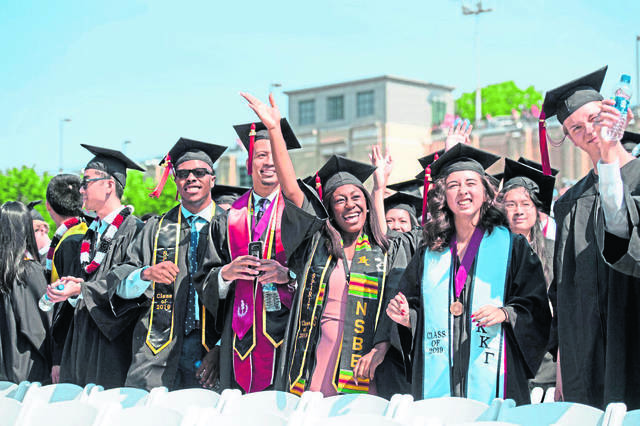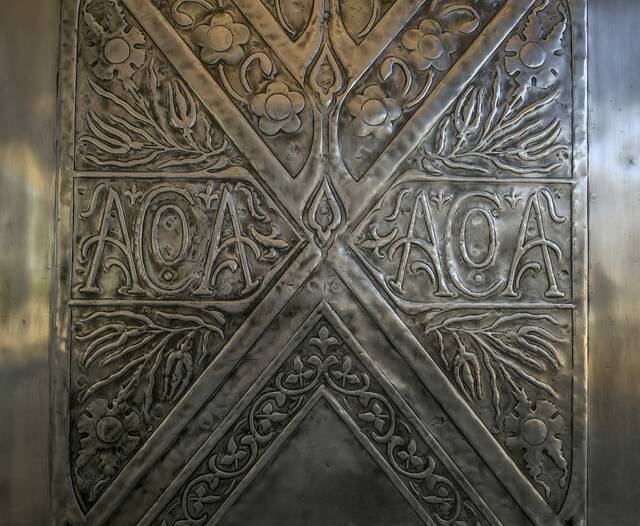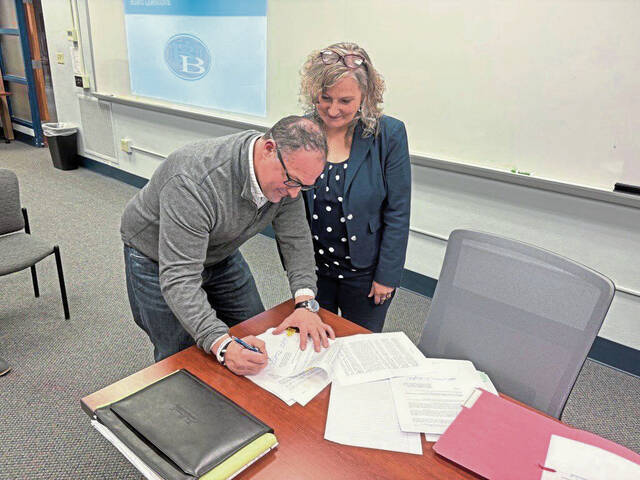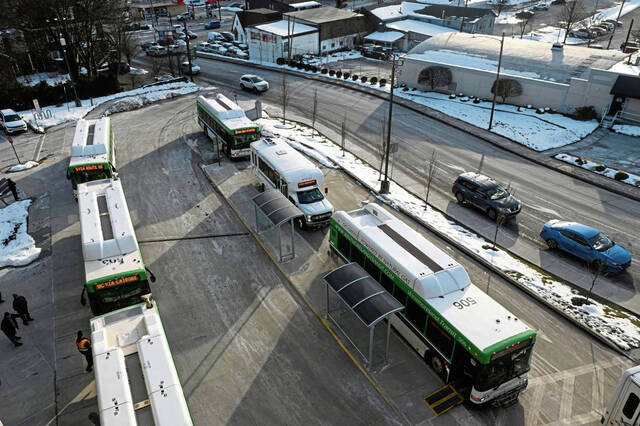New rules for students coming from overseas to study in the United States might seem like something that only needs to concern people coming here from China and France and India for their higher education.
But it doesn’t. It affects kids going to school in Pittsburgh and State College and other major universities in our own backyards.
Research universities across the nation will feel the blow of the Trump administration plan to deny visas or deport foreign students unless they attend classes in person rather than online. The move was announced as schools struggle to make plans for how classes will resume amid the coronavirus pandemic when the fall semesters start as early as next month.
Some, like Harvard, are going totally online. Some have said they would be back in the classroom, although that may change. The University of Southern California announced it was walking back those plans last week. Others are working on hybrid plans that could involve late starts and early breaks for in-person instruction but some remote presence.
But the threat to international student visas could force universities to make changes to keep that foreign tuition money. And it can be a lot of money.
In 2017, Pennsylvania Auditor General Eugene DePasquale called out Penn State in his audit for enrolling out-of-state and international students because of the higher price they pay to attend, about $15,000 over Pennsylvania students who already pay among the highest public school cost in the country.
That hasn’t changed much since then. Almost 10,000 international students attended the fall 2019 semester.
Carnegie Mellon’s international students pay $77,000 a year to attend. If those 6,700 or so students out of a total enrollment of 14,800 didn’t show up, would the university be able to find enough home-grown scholars who could afford to foot that bill? At Pitt, it would be 10% of the student population.
If colleges can’t depend on that full-freight, out-of-town money as part of the accounts receivable, the scales are going to have to be balanced in another way. With Pitt and Penn State, that will mean asking the state for more money, but covid-19 has already taxed the Pennsylvania coffers and that well will be pretty dry.
The next option is always the students, and the cost of a university education, particularly at a marquee institution like those the Keystone State boasts, is already cripplingly expensive.
Pitt and Carnegie Mellon have joined other research universities in asking for the visa position to be reconsidered. That is the right move.
While the Trump administration may have reasons for the plans, there is a broader impact.
If students can’t afford to attend, the schools will suffer. The schools are multi-billion dollar economic engines driving innovation, entrepreneurship, business and even military development throughout their communities, states and the nation as a whole.
Universities and students have enough variables to negotiate as they plan for the coming school year. This is one nobody needs.








